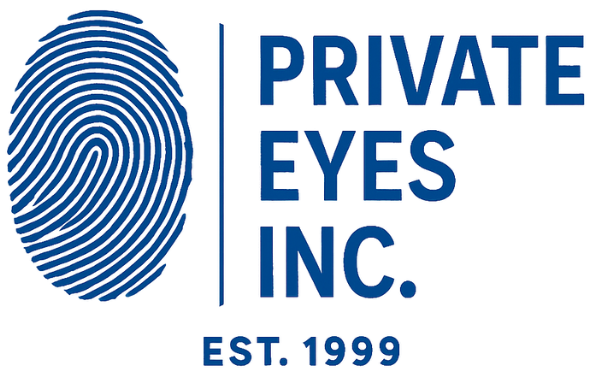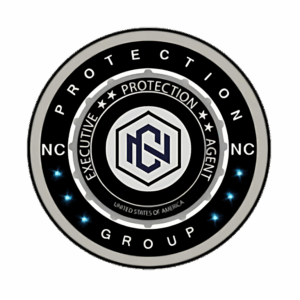Utilizing a database for investigations really is an art. Combing through billions of records and documents looking for your needle in the haystack. Modern technology has made it possible, but do you know how to make your data platforms reveal the information you need?
The golden rule in data searching, is “Less is More.” Yep, it’s true, and it applies to most data provider platforms. More often than not, by putting in the most minimal, generic information, you can get more of a return on your subject. Here are some examples:
- Place of Employment/People at Work: You’d think putting in your subject’s social security number would bring you the best, most accurate results, right? Nope. Not all sources contain social security numbers, so you actually have the probability of missing quite a few listings. For example, you wouldn’t find someone on LinkedIn using a social security number.
PRO TIP: Try just using first name, last name, city and state. This will produce far more listings, including the possibility of job titles in addition to company name.
- License Plate Recognition/Vehicle Sightings: This is a big one. You may think it would be best to put in the address on file for your subject in order to find their registered car. Think again. If you put in an address, it will only return cars seen at that address (which actually could be helpful in some cases, especially if you need to know who may have been frequenting the area).
PRO TIP: If you are looking to find out where the car was last seen, you’ll want to put in the vehicle VIN and/or plate number. This will give you a listing of all sightings of the vehicle.
- Address Searches: Part of the art of searching is knowing what search will give you the information you are looking for. If you need an address, you may think a basic person search would give you the best result. While this may be a good place to start, if you have a hard-to-find subject, you might have to go a little outside the box to find them.
PRO TIP: A Utility Search will let you find out where your subject’s electricity, mobile phone, internet, etc. are connected, so you’ll be able to compare with other property addresses and find their most likely location. Think about it – when someone moves, they hook up their internet well before they update their credit cards or drivers license. Family members and associates may also provide a route to what address your subject has taken up residence, making searches like a Relationship Graph and Contact Card Report very handy.
- Notification Alerts: How many times have you run the same search about your subject every day, checking to see if something has changed? It is very time consuming, not to mention costly.
PRO TIP: Some providers have the ability to set up real-time notification of profile changes, such as arrests and bookings, new addresses or new aliases. Automate as much as you can. Again, “Less is More.”
BONUS PRO TIP: Another solution to running similar daily searches on the same person, is utilizing saved searches. Some providers will allow you to save searches for up to 90 days so you aren’t charged over and over again for the same information.
These are just a few tips and tricks to keep in mind as you begin to delve in to your case. Be sure to contact your data provider for more ideas on how to find the information you need.
Contact Pri Eyes for a No Cost Consultation Today – 866.PRI.EYES (774.3937)
**Info From PI Magazine








